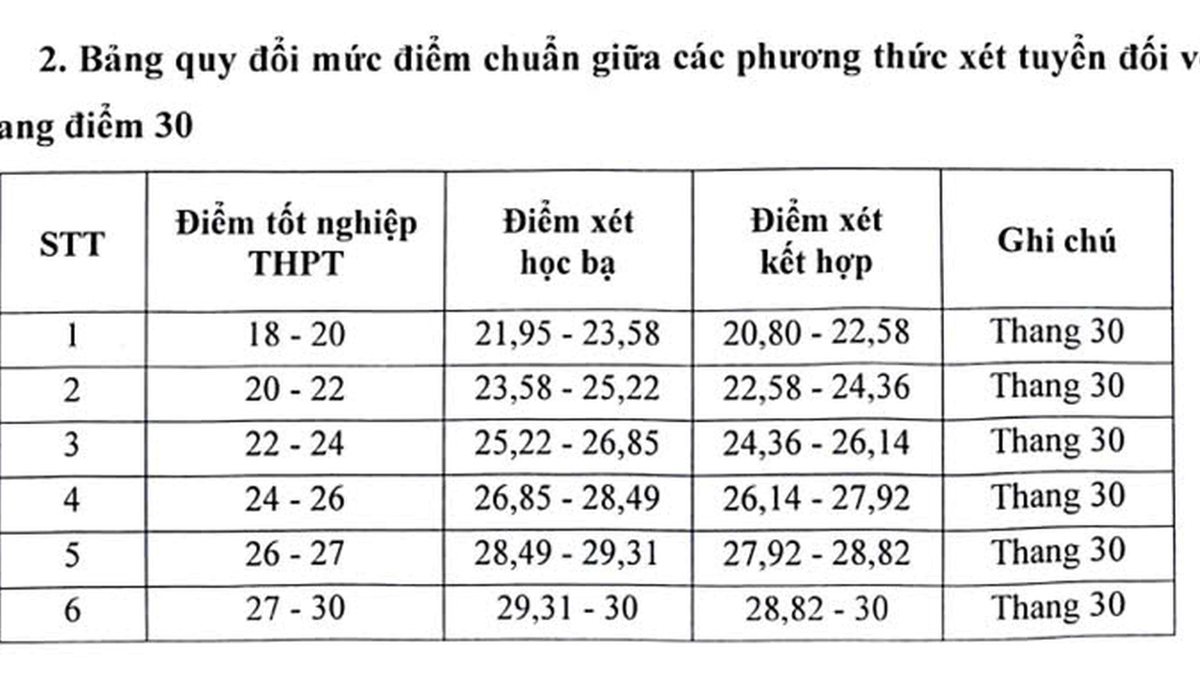As Germany's largest commercial bank, Deutsche Bank had total assets of approximately €1.337 trillion ($1.448 trillion) and held €621 billion ($671 billion) in customer deposits as of the end of 2022.
Employing nearly 85,000 people in 58 countries, Deutsche Bank is one of 30 systemically important banks globally that regulators are monitoring more closely, aiming to protect financial stability.
Like JPMorgan or Citigroup, Deutsche Bank is a multi-faceted bank that operates in a wide range of areas, from lending to households and businesses, to advising on corporate mergers and trading securities for large investors.
Despite once being a banking giant on par with the big boys on Wall Street, Deutsche Bank never really recovered from the 2008 financial crisis.
The sweet fruit of restructuring
In 2018, Deutsche Bank got a new CEO, Christian Sewing. When he took over the reins of the bank in April 2018, Sewing made a simple promise: to make Germany’s largest commercial bank stronger.
With Deutsche Bank facing heavy fines, sluggish performance, costly restructuring costs and competition from nimbler US rivals, the new CEO has embarked on a restructuring drive just four months into his tenure.
Mr. Christian Sewing, CEO of Deutsche Bank. Photo: Getty Images
Accordingly, Deutsche Bank cut about 20% of its global staff in just one day in 2018, closed most of its investment banking division – including equity trading, and set up a “bad bank” with 74 billion euros of risky assets.
“We will fundamentally rebuild Deutsche Bank, ushering in a new era for banking,” Mr. Sewing said at the time.
After years of painful restructuring, under the leadership of Mr. Sewing, a man with deep knowledge of auditing, risk control and retail banking, Deutsche Bank finally seems to be able to reap the “sweet fruit”.
After five consecutive years of losses from 2015 to 2019, Deutsche Bank returned to profit in 2020. In 2022, the German bank earned a net profit of 5.7 billion euros ($6.2 billion) – its best result in 15 years (since 2007).
The bank achieved a return on equity (ROTE), a key measure of profitability, of 9.4%, and has also built up a huge capital buffer, with a capital equity tier 1 (CET1) ratio of 13.4%.
In addition, Deutsche Bank's liquidity reserve ratio (LCR) and net stable fund ratio (NSFR) are 142% and 119%, respectively.
These figures suggest that there are no concerns about the solvency or liquidity position of German banks.
Not the next Credit Suisse
Investors are worried about the health of the banking industry following the sudden collapse of Silicon Valley Bank (SVB), Silvergate and Signature Bank in the US, and the takeover of Switzerland's Credit Suisse by a domestic rival.
Against that backdrop, Germany's top lender has become the latest flashpoint in Europe's banking crisis after its CDS spreads (a measure of default risk) spiked, while its share price fell as much as 14% on March 24.
Analysts are still trying to explain the sudden exodus of investors.
“Clearly, Deutsche Bank must be the next Credit Suisse,” analysts at Autonomous Research asserted, arguing that the German bank is consistently profitable, has the highest capital ratios since the late 1990s, and has lower interest rate risk than some regional US banks.
Deutsche Bank's share price movements. The German bank's share price plunged, reaching as low as €8.54 a share on March 24, 2023. Source: S&P Global Market Intelligence. Graphics: The Telegraph
Concerns about Deutsche Bank's commercial real estate portfolio and the US Justice Department 's investigation into banks suspected of helping Russia evade sanctions do not appear to be enough to explain the massive sell-off in the German bank's shares, said analyst Andrew Coombs at Citigroup.
Instead, Mr Coombs blames market sentiment, and the Credit Suisse case highlights how vulnerable banks are to sudden shifts in confidence.
German officials were quick to dismiss comparisons between Deutsche Bank and Credit Suisse on March 24. When asked if the German bank was the next Credit Suisse, Chancellor Olaf Scholz said: “Deutsche Bank has fundamentally modernized and reorganized its business , and is a very profitable bank. There is no reason to doubt its future.”
Trouble after trouble
However, as financial markets continue to be rocked by the turmoil that has persisted since the collapse of SVB and the merger of Credit Suisse, Deutsche Bank has become the next bank to be called out in part because of a series of scandals it has suffered in recent years.
Over the past decade, the German bank has been forced to pay billions of dollars in fines for allegations of money laundering, misrepresentation in bond sales, interest rate manipulation, mortgage fraud and sanctions violations, with its Frankfurt headquarters raided twice in the past five years.
Deutsche Bank paid $630 million to UK and US regulators in 2017 for “unintentionally” moving about $10 billion in cash out of Russia between 2012 and 2015, after bank staff missed multiple warning signs of “mirror trading.”

Deutsche Bank AG headquarters in Frankfurt, Germany. Photo: Bloomberg
In 2020, Deutsche Bank also agreed to pay US regulators $150 million in fines for “failures” to prevent suspicious transactions by the late financier Jeffrey Epstein, and for dealings with Danske Bank – the Danish bank involved in one of the biggest money laundering scandals ever.
Like many other German institutions, Deutsche Bank also suffered when its asset management division suffered a 600 million euro loss when it was caught up in the multi-billion dollar financial scandal of payments giant Wirecard in 2020.
And in 2022, the German bank paid $26 million to settle a class action lawsuit brought by US investors.
Over the weekend, as trouble continued to knock on Deutsche Bank’s door, Mr. Sewing chose not to return to his home in Osnabrueck, a rural town in northwest Germany. Instead, the 52-year-old CEO stayed at Deutsche Bank’s headquarters in Frankfurt, 475 miles (764 kilometers) away, in case anything went wrong at the country’s largest lender .
Minh Duc (According to The Telegraph, WSJ)
Source































![[Photo] National Assembly Chairman Tran Thanh Man visits Vietnamese Heroic Mother Ta Thi Tran](https://vphoto.vietnam.vn/thumb/1200x675/vietnam/resource/IMAGE/2025/7/20/765c0bd057dd44ad83ab89fe0255b783)






































































Comment (0)